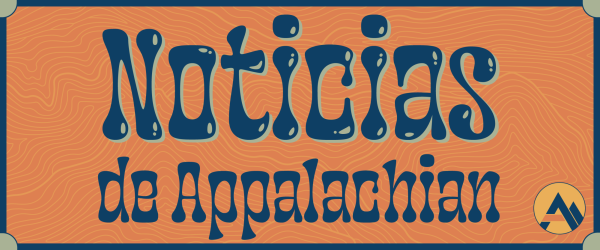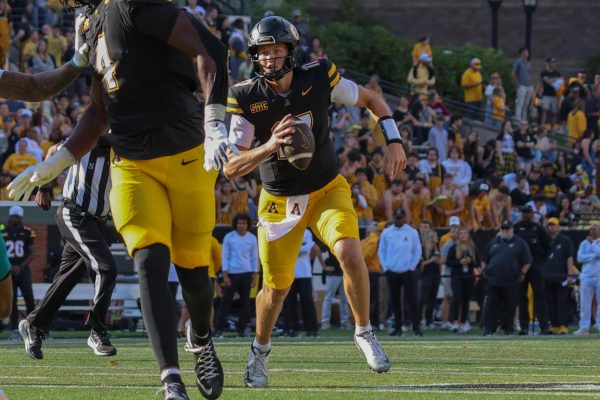Movie Review: Joker
October 10, 2019
Unpredictable and chaotic, Joaquin Phoenix and Todd Phillips’ “Joker” revolutionizes graphic novel adaptations.
In 1981, Gotham City’s streets are filled with garbage and the weak prey on the strong. Phillips’ film does an excellent job exploring the origins of the Clown Prince of Crime, focusing on Phoenix’s character Arthur Fleck’s life prior to reimagining himself as The Joker.
“Joker” explores Fleck’s isolation from society and off-putting nature through certain traits, such as a disorder that makes him laugh at inappropriate times, his abnormally thin physique caused by his poor health, his tattered clothing and his broken home life.
The film does this through analyzing Fleck’s relationships and deconstructing them for what they really are.
Phoenix for his part does an excellent job transforming a bumbling awkward coward into a confident sadistic killer.
Phoenix’s performance extends beyond a typical villain origin story because he barely uses dialogue to express his personal struggles. He uses facial expressions and contorts his body into awkward angles to give an insight into his psyche.
Yet, when given the chance to speak, Phoenix captures the audience’s thoughts with his words. The audience is given a cathartic release when Fleck realizes his life is not a tragedy, but a comedy, and takes control of his own destiny.
Phillips makes the audience feel Fleck’s powerlessness in a society that takes advantage of the weak. When Fleck is beaten in the street, the audience feel his pain. When his coworker betrays his trust and he gets fired, the audience feels his frustration.
Phillips frames the film in a manner that makes the audience beg Fleck to fight back against his assailants. When Fleck finally defends himself, the audience feels joy, as he takes his future with both hands.
While there is violence in the film, it is not the focal point. Rather, the film explores the roll that a disconnected society plays in the mental breakdown of certain individuals.
To drive home this point, Phillips depicts a disconnected wealthy class that is ignorant of the plights of those less fortunate. For example, Gotham mayoral candidate Thomas Wayne, after learning that two of his workers were killed in a subway, declares that those in poorer classes are only clowns.
In this sense, Phillips asks the audience to ask themselves, “How much of a role do we individually play in certain individuals turning into the Jokers?” While “Joker” does not directly attack the audience, it urges us to treat each other with respect and co-create a more equitable society.










